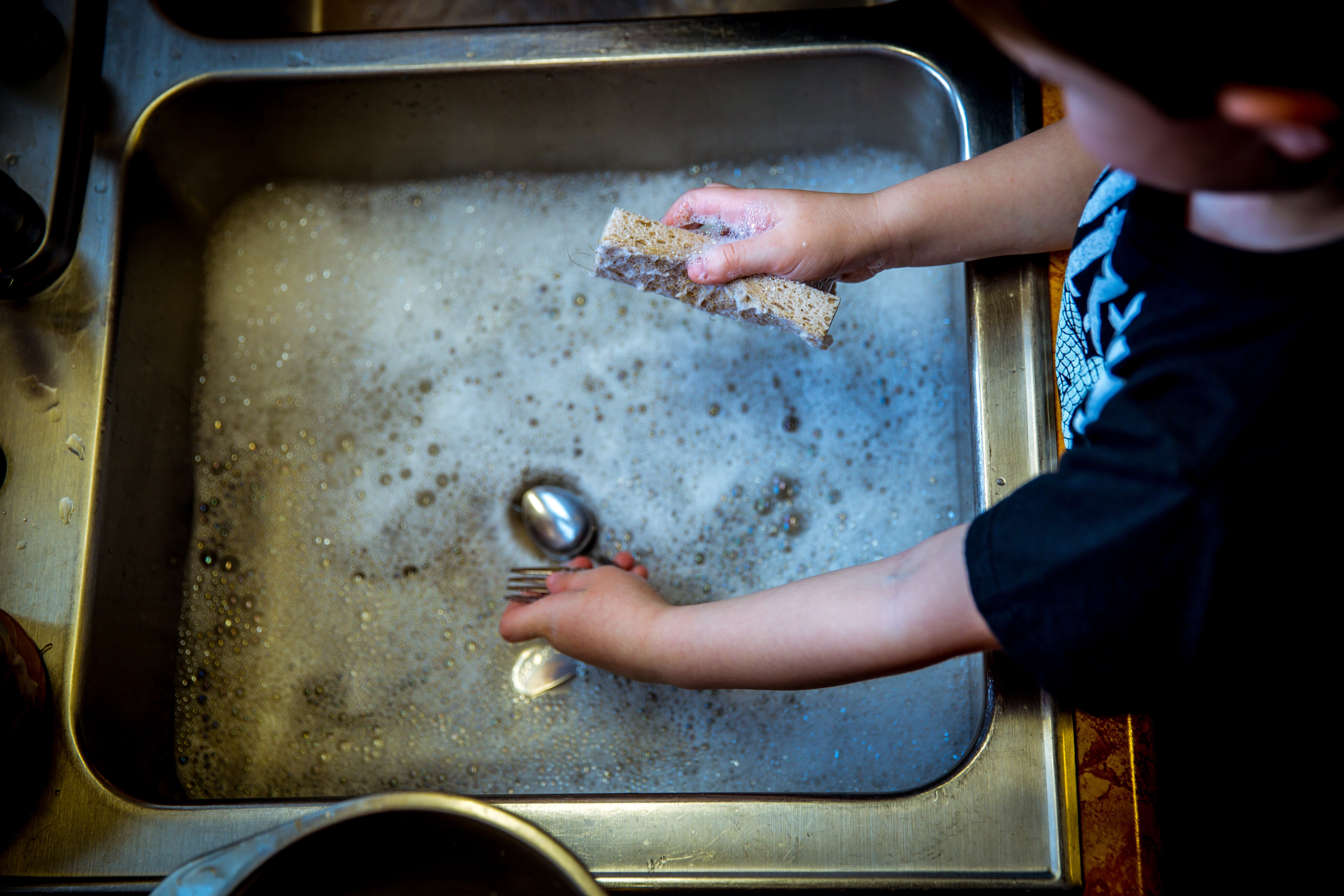Five Lessons Kids Learn From Earning Their Own Money
This is the first of a 12-week series on kids and earning money, focusing on teens. The tips presented can also be used with younger children if desired.
When I was growing up, my sisters and I had chores. One of mine was dusting my mother’s knick knacks on her whatnot. I really disliked dusting, especially those little pieces of china and crystal. Another of my chores was cleaning the mirrors and glass windows. Our entire living room had glass windows, so it was an all-day chore (or at least it felt like it). To this day I do not enjoy cleaning anything with glass, nor do I enjoy dusting.
Because we were part of a family, and a decent size family (there were six of us including my parents), we did the chores that were assigned to us, as part of the understanding that chores helped us keep up the home we lived in.
We didn’t get paid to do chores, nor did we get an allowance, so when my sisters and I wanted money of our own apart from any birthday or Christmas money we had received, we found jobs. Most of these were working in offices, and one of my earliest memories of “working” was accompanying my sisters to the Jamaica Cancer Society where my mom worked, and helping them to address envelopes for a donations outreach.
Since I was too young to stay home by myself and my sisters were working, I went to the office. Because I was too young to work, I couldn’t be paid. But the satisfaction of helping and being in an office where my efforts were appreciated brought me great pride.
Later on, as I became old enough to have summer jobs, I worked in various offices doing various things. One summer I worked in the accounting department of a development bank. There were other jobs every summer in between that and college. In the summer in between my second and my final year in college, I worked in the marketing department of the largest furniture retailer in Jamaica. That job not only allowed me to pay for all my books in my final year, but the scholarship I earned from that job paid my tuition and gave my family and me some much-appreciated breathing room that last year of school.
Although my husband and I have made sure that our children have what they needed and much of what they wanted, we recognized that at some point they would want to have their own income. We’ve encouraged them to find higher-paying jobs where possible, particularly if those jobs played into their passions and their God-given talents. Our older daughter has had some sort of business since she was 13, and has taken pride in earning her own money since then.
Here are five great lessons kids can learn when they earn their own money:
- Independence and self-reliance – there’s a certain pride that comes from being able to provide for yourself, even in a small way, because of income you’ve earned from your own work. Alternatively, it may be a gift that you buy with your own income. Either way, the pride and satisfaction are real, and can be a profound influence on your child.
- Value of money and time – when your child can equate an item being purchased to a certain number of hours that he/she had to work, the value of time and money becomes much more profound. This will help your child to decide whether the intended purchase is a good one or one that can be deferred or avoided. It’s the same as when we consider how many minutes on the treadmill we have to work out to burn off a particular food.
- Instant gratification vs. delayed gratification - earning an income often helps kids to decide whether they want to spend the money they’ve worked hard to earn, or whether there is something they want more that they may need to save up for. In a world that pushes instant gratification in every way, it’s important for our kids to learn to save, and often, the most effective teacher of that lesson is not the parents, but the wallet or bank account that holds their job earnings.
- Cash vs debit card – it’s easy, even for those of us who have had years of life experience, to spend more easily when we are using a debit card. When your child sees the actual cash dwindling with each purchase, it can have a more pronounced effect. In fact, one money writer suggested that we all carry $20 bills around, because most of us don’t want to break a $20 bill, and will do what we can to preserve it, moreso than we would for a lower denomination bill.
- True cost of things – one of the lessons my college sophomore daughter told me is that she now realizes how expensive things are, something that she had never had to consider before. Now mind you, we still provide for her, but now that she is working part time and
does her own shopping for some groceries while she is away at school, she sees the cost of things. She is especially grateful for clothing!
Over to you: Do your kids have businesses or jobs that they do to earn money? Do you give them an allowance? How do YOU handle money with your kids?
These tips can be used with younger children if desired. To read the next post in the series, click here.
About the Author
Suzanne
Suzanne is a 14-year homeschooling veteran, whose older daughter was accepted into every university she applied to. She is passionate about supporting moms through every stage of homeschooling, and also works with them to find ways of generating an income while they homeschool.


